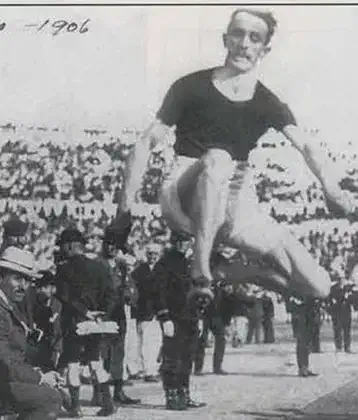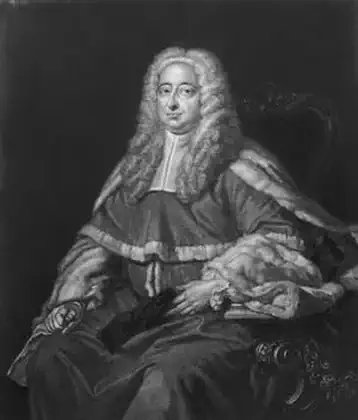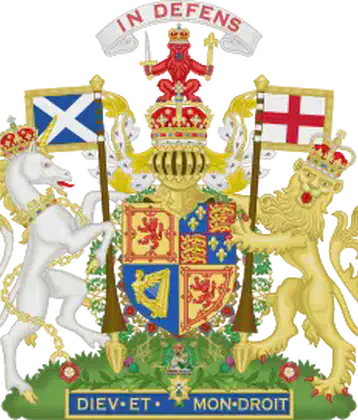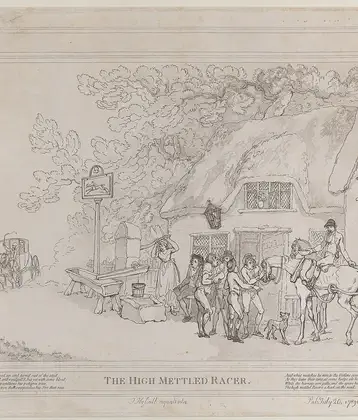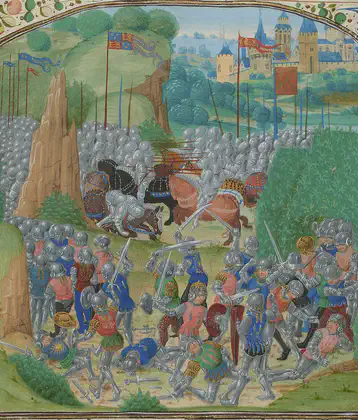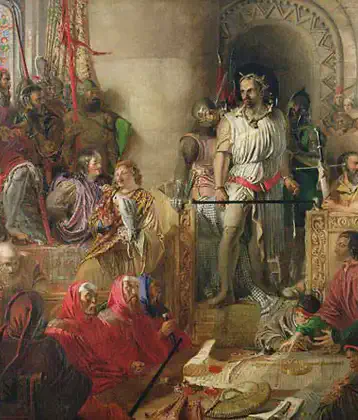On August 05, 1888 in Celtic History
Philip henry sheridan, the son of irish immigrants from cavan, dies in nonquit, massachusetts.
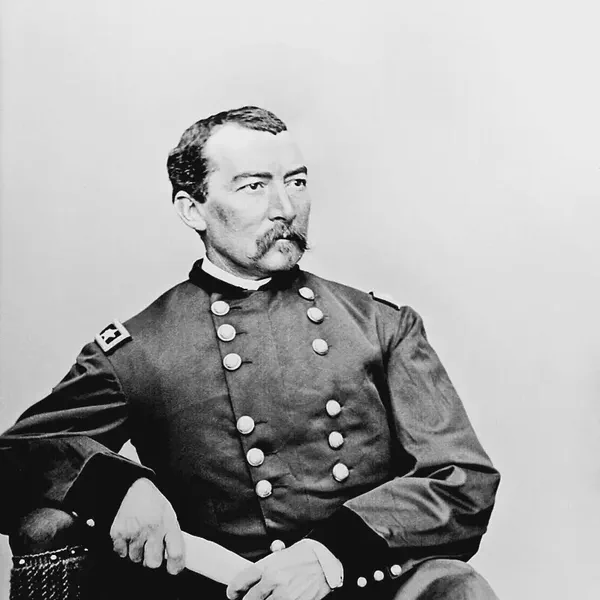
Philip Henry Sheridan, a prominent Union general during the American Civil War, died on August 5, 1888, in Nonquitt, Massachusetts. Sheridan was one of the most celebrated military leaders of the Civil War and played a crucial role in several key battles and campaigns that contributed to the Union’s victory.
Early Life and Background
- Irish Heritage: Philip Henry Sheridan was born on March 6, 1831, in Albany, New York, to Irish immigrants who hailed from County Cavan, Ireland. His parents, John and Mary Sheridan, had emigrated to the United States in the early 19th century, seeking better opportunities.
- Military Education: Sheridan grew up in Ohio and was appointed to the United States Military Academy at West Point, where he graduated in 1853. His early military career included service in various frontier posts and conflicts with Native American tribes.
Civil War Service
- Rise to Prominence: Sheridan’s reputation as a capable and aggressive leader was established during the American Civil War. He first gained significant attention in the Western Theater, particularly at the Battle of Stones River and the Battle of Chattanooga, where his actions contributed to Union victories.
- Cavalry Command: In 1864, General Ulysses S. Grant appointed Sheridan to command the cavalry of the Army of the Potomac. Sheridan reformed the Union cavalry and led several successful raids and battles, most notably the Battle of Yellow Tavern, where Confederate cavalry commander J.E.B. Stuart was killed.
- Shenandoah Valley Campaign: One of Sheridan’s most famous campaigns was in the Shenandoah Valley in 1864. His decisive victories at battles such as Winchester and Cedar Creek effectively crippled Confederate forces in the region and secured the Valley for the Union, earning him widespread acclaim.
Post-War Career
- Reconstruction and Indian Wars: After the Civil War, Sheridan continued to serve in the U.S. Army, playing a significant role in the Reconstruction efforts in the South. He was also involved in the Indian Wars, where his strategies and tactics, including the controversial scorched-earth policy, were instrumental in the U.S. government’s efforts to subdue Native American tribes in the Great Plains.
- Promotion and Legacy: Sheridan was promoted to the rank of General of the Army in 1888, the highest military rank in the U.S. Army at that time, just a few months before his death. His leadership and military prowess left a lasting impact on the U.S. Army and American military history.
Death and Legacy
- Death: Philip Henry Sheridan died on August 5, 1888, at his summer home in Nonquitt, Massachusetts, at the age of 57. His death was widely mourned, and he was buried with full military honors in Arlington National Cemetery.
- Legacy: Sheridan is remembered as one of the key figures in the Union’s victory during the Civil War. His aggressive tactics, leadership in battle, and contributions to the post-war U.S. Army solidified his place as one of America’s most revered military leaders. His legacy also includes the controversial aspects of his career, particularly his role in the Indian Wars, which has been the subject of much historical debate.
Philip Henry Sheridan’s life and career reflect the complex history of 19th-century America, shaped by the experiences of immigrants, the Civil War, and the westward expansion of the United States. His achievements and actions continue to be studied and remembered as part of the broader narrative of American history.
More From This Day
